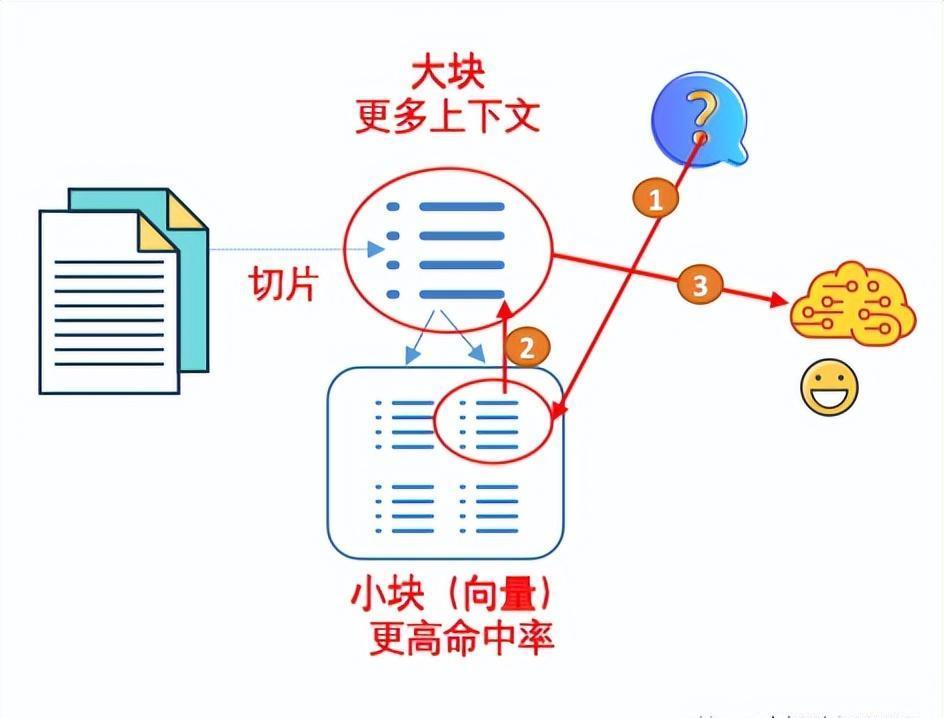Comprehensive Guide to Understanding the Requirements for a FHA Loan: What You Need to Know
#### Requirements for a FHA LoanThe **requirements for a FHA loan** are designed to make homeownership accessible to more people, especially first-time buye……
#### Requirements for a FHA Loan
The **requirements for a FHA loan** are designed to make homeownership accessible to more people, especially first-time buyers. FHA loans, backed by the Federal Housing Administration, offer several advantages, including lower down payment options and more flexible credit score criteria. Understanding these requirements is crucial for anyone considering this type of mortgage.
#### Down Payment Requirements
One of the most appealing aspects of FHA loans is the down payment requirement. Typically, FHA loans require a minimum down payment of just 3.5% of the purchase price, which is significantly lower than many conventional loans. This means that for a home priced at $300,000, a buyer would need to put down only $10,500. However, to qualify for this lower down payment, borrowers must have a credit score of at least 580. For those with scores between 500 and 579, a down payment of 10% is required.
#### Credit Score Criteria

Credit scores play a vital role in determining eligibility for a FHA loan. While FHA loans are more forgiving than conventional loans, borrowers should still aim for a decent credit score. As mentioned earlier, a score of 580 or higher allows for the 3.5% down payment option. However, if your score is below 580, it does not automatically disqualify you; it simply means you'll need a larger down payment. Lenders may also consider other factors, such as your overall financial health, income, and employment history.
#### Debt-to-Income Ratio
Another important requirement for a FHA loan is the debt-to-income (DTI) ratio. This ratio compares your monthly debt payments to your gross monthly income. For FHA loans, the general guideline is that your DTI should not exceed 43%. However, in certain circumstances, lenders may allow a higher DTI if you have compensating factors, such as a higher credit score or significant savings.
#### Employment and Income Verification
To qualify for a FHA loan, borrowers must provide proof of steady employment and income. Lenders typically require at least two years of consistent employment in the same field. Additionally, you’ll need to provide documentation of your income, which may include pay stubs, tax returns, and bank statements. For self-employed individuals, additional documentation may be necessary to verify income stability.
#### Property Requirements
The property you wish to purchase must also meet certain criteria to qualify for a FHA loan. The home must be your primary residence and meet the FHA's minimum property standards, which ensure that the home is safe, sound, and secure. This often includes a home inspection and appraisal to verify the property’s condition and value.
#### Mortgage Insurance Premiums
FHA loans require borrowers to pay mortgage insurance premiums (MIP), which protect the lender in case of default. There are two types of MIP: an upfront premium that can be rolled into the loan amount and an annual premium that is paid monthly. The cost of MIP can vary based on the loan amount and the down payment, so it’s essential to factor this into your budget when considering a FHA loan.
### Conclusion
Understanding the **requirements for a FHA loan** is crucial for potential homebuyers looking to take advantage of this financing option. With lower down payment requirements, more lenient credit score criteria, and the possibility of higher DTI ratios, FHA loans can be an excellent choice for many individuals and families. By ensuring you meet these requirements and preparing the necessary documentation, you can increase your chances of securing a FHA loan and achieving your dream of homeownership.